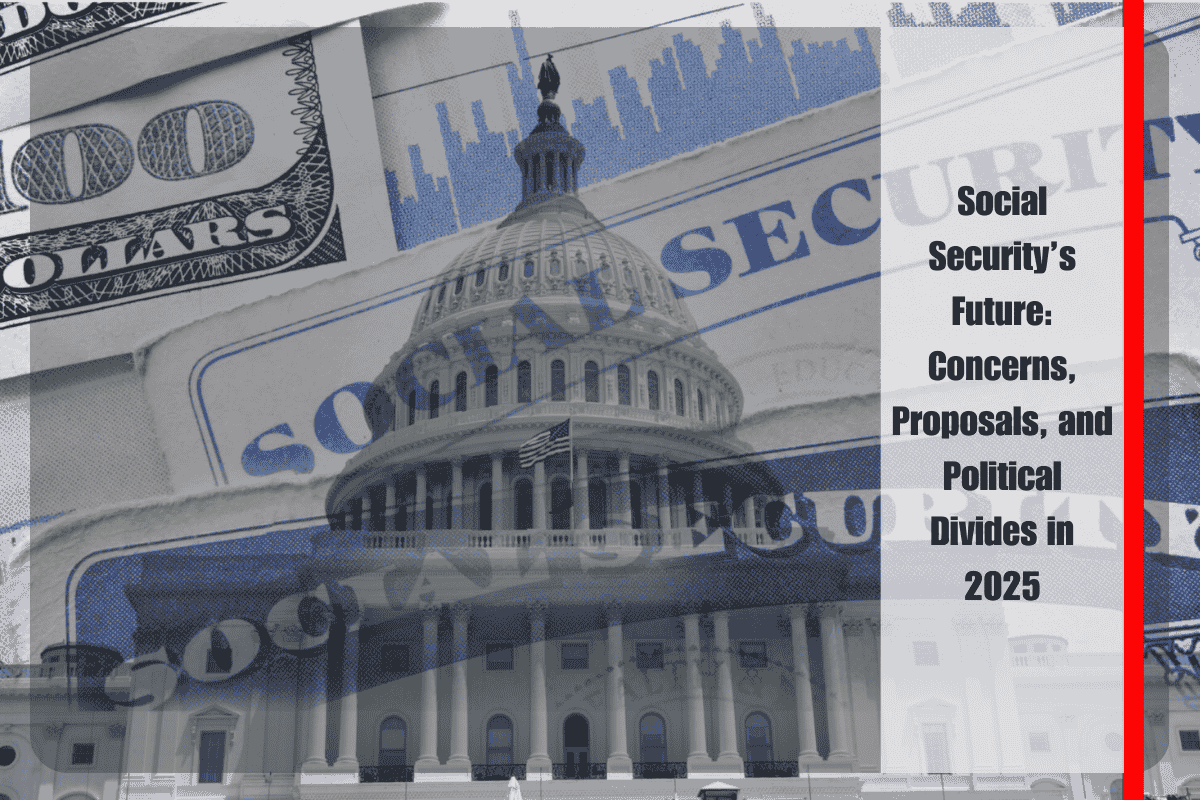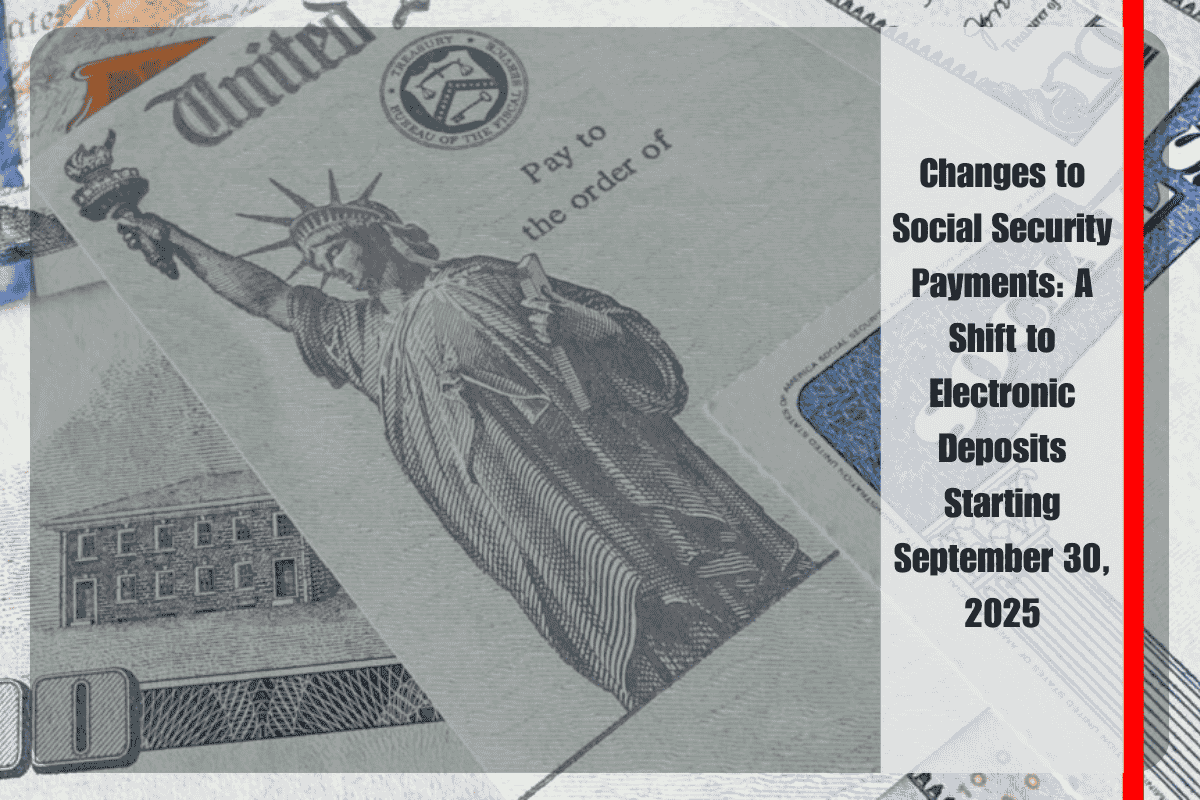As Social Security approaches its 90th anniversary, more Americans are relying on it as a critical source of income during retirement, even as confidence in the program’s future continues to decline. A recent AARP survey reveals that nearly two-thirds of retirees (65%) depend heavily on Social Security for their monthly income, a significant increase from 58% in 2010. This growing reliance on the program reflects how crucial it has become for millions of retirees over the past 15 years.
Growing Dependence on Social Security
The shift in Social Security reliance may be linked to the baby boomer generation, as in 2024, the largest birth year of the baby boomers became eligible for Social Security benefits. More than 4.1 million Americans are turning 65 each year through at least 2027, up from an average of 10,000 per day to 11,200. This influx of older adults seeking Social Security benefits is pushing the program’s significance to new levels.
Myechia Minter-Jordan, the CEO of AARP, highlighted that more than 69 million Americans rely on Social Security today, and by 2035, 13 million more people will need it, underlining the program’s importance as the country ages.
Eroding Confidence in the Future of Social Security
Despite the increasing reliance on Social Security, the AARP survey shows a disturbing trend: confidence in the program’s long-term stability is steadily declining. Only 36% of Americans say they are confident that Social Security will be there for them when they retire, a sharp drop from 43% in 2020. This marks the lowest confidence level since 2010.
AARP’s CEO Myechia Minter-Jordan reassured Americans that “for 90 years, Social Security has never missed a payment, and Americans should have confidence that it never will.” However, the survey revealed that younger Americans are particularly skeptical, with just 25% of individuals aged 18 to 49 believing that Social Security will be available to them when they retire. In contrast, 48% of those aged 50 and older feel more confident about its future.
Financial Uncertainty Looms Over Social Security
Alongside declining trust, Social Security faces financial uncertainty. According to a recent Social Security Trustees report, without intervention from Congress, the program will only be able to pay 81% of promised benefits starting in 2034. The Center on Budget and Policy Priorities explains that most of Social Security’s funding comes from payroll taxes, but the program also built up $2.8 trillion in reserves over the past 40 years. However, rising costs are now outpacing the program’s income, forcing the trust fund reserves to be used to close the gap.
Despite these concerns, 78% of Americans worry that Social Security payments will not be enough to live on, as the average monthly benefit is about $2,000. In fact, 62% of respondents said they believe this amount is too low to cover their living expenses.
Broad Support for Social Security Across Political Lines
Even with concerns about its sustainability, support for Social Security remains strong across the political spectrum. The survey shows that 96% of Americans agree that Social Security is important for the country’s future. The overwhelming support transcends political affiliations, with 98% of Democrats, 95% of Republicans, and 93% of Independents all recognizing its importance.
As lawmakers continue to debate the future of Social Security and potential solutions for its long-term funding, projections show that by 2035, 82 million Americans will be receiving Social Security benefits. The need to preserve and strengthen this vital program is more pressing than ever as the number of beneficiaries continues to rise.
While Social Security plays an indispensable role in supporting millions of Americans, the rising concerns about its financial future cannot be ignored. Increasing reliance on the program, coupled with declining confidence, highlights the need for legislative action to ensure that Social Security remains a lifeline for future generations. As the country approaches the 90th anniversary of the Social Security Act, it is clear that this program must be protected and strengthened to meet the needs of an aging population.












